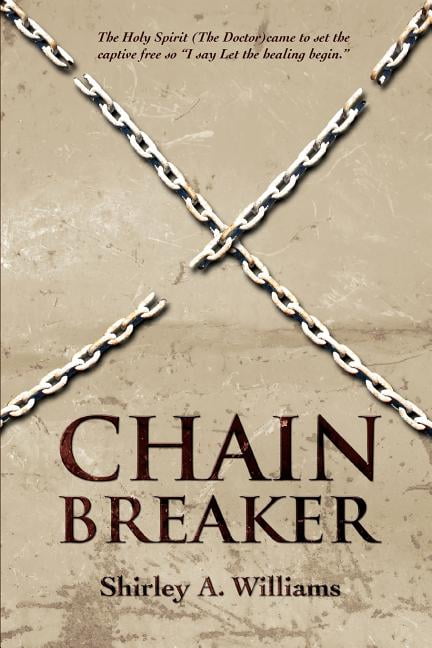

Then there are the outliers pushing the envelope: Josiah Zayner, who injects himself with his “frog genetic engineering kit” in a quest to show he can grow bigger muscles, and He Jiankui, the Chinese researcher who in 2018 shocked the world and the scientific community by producing two genetically edited babies. These include the eccentric and brilliant vegan George Church, a longtime friend to Doudna, as well as her most serious rival, Chinese immigrant Feng Zhang. He follows a cast of scientists - some collaborative, some not - and their accomplishments in the field. And it was adaptable every time a new virus emerged, it learned how to recognize it and beat it back.”Īs riveting as the science is behind gene editing, so too, in Isaacson’s narrative, is the competition in advancing it.


"Over billions of years, bacteria evolved this totally weird and astonishing way to protect themselves against viruses. ‘It can be programmed to find viruses and cut them up. “'We found this protein, an enzyme called Cas9,’" she explained.

He captures Doudna in her California home, explaining her work to her 9-year-old son as she cooks spaghetti. At the same time, he defines and explains the complicated science behind the gene-editing tool CRISPR (clustered regularly interspace short palindromic repeats, a family of DNA sequences found in organisms such as bacteria) and the “scissors,” enzyme Cas9. Isaacson - history professor at Tulane University in New Orleans and author of numerous acclaimed biographies including those of Leonardo da Vinci, Steve Jobs, Albert Einstein and Benjamin Franklin - profiles the brainy, good-natured, competitive and thoughtful Doudna, who became fascinated with biological science as a girl. The dramatic story of the competition to unravel the code of life, and in particular Doudna’s role in the quest and as a woman making advances in science, is captured in Walter Isaacson’s new biography, “The Code Breaker: Jennifer Doudna, Gene Editing, and the Future of the Human Race.” As the secretary general of the Royal Swedish Academy said in making the announcement, “These genetic scissors have taken the life sciences into a new epoch.” The Nobel acknowledged their groundbreaking work in the discovery of a gene-editing tool that can attack viruses, which pointed to a new era in science. When Jennifer Doudna and Emmanuelle Charpentier won the 2020 Nobel Prize in Chemistry, they became only the sixth and seventh women to do so the first being Marie Curie in 1911.


 0 kommentar(er)
0 kommentar(er)
